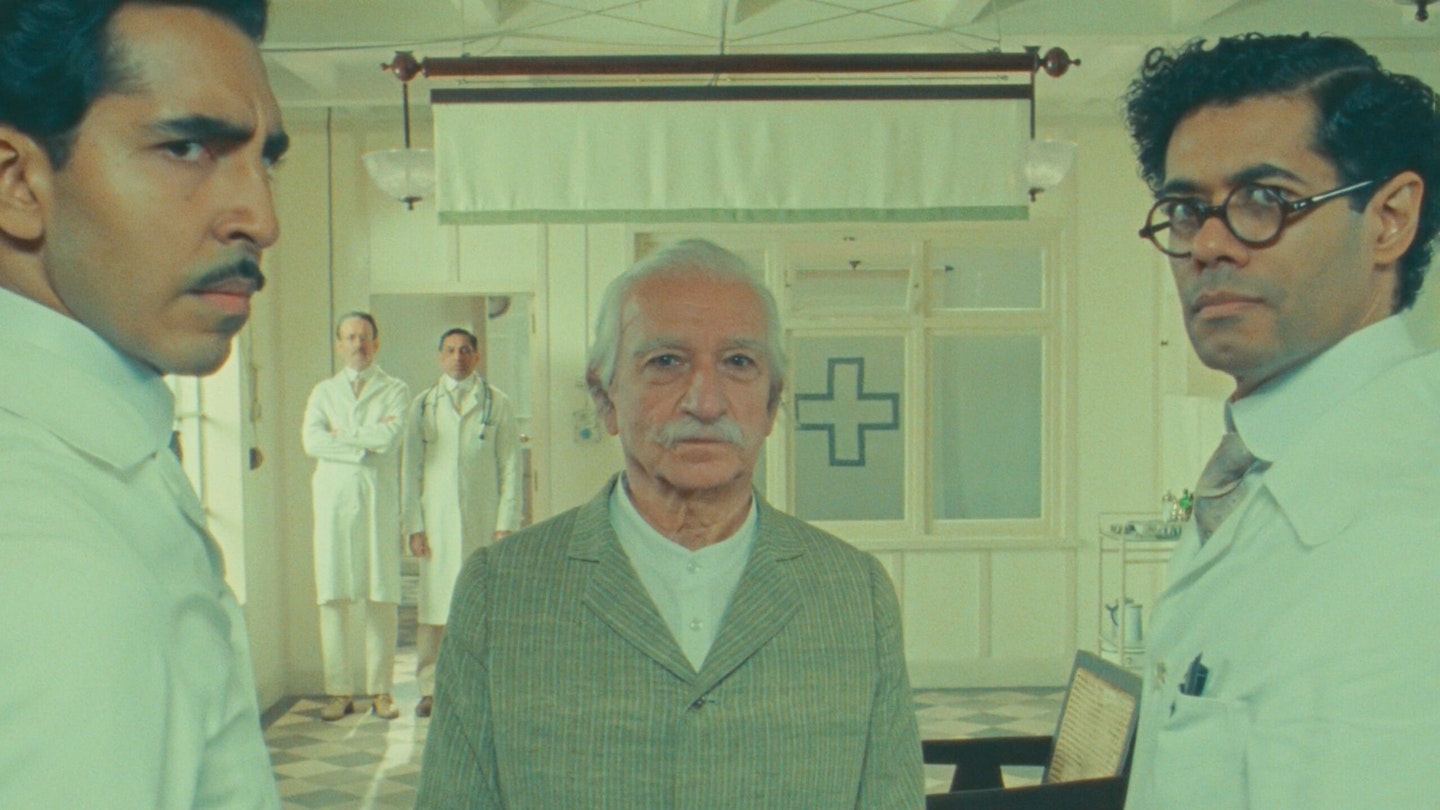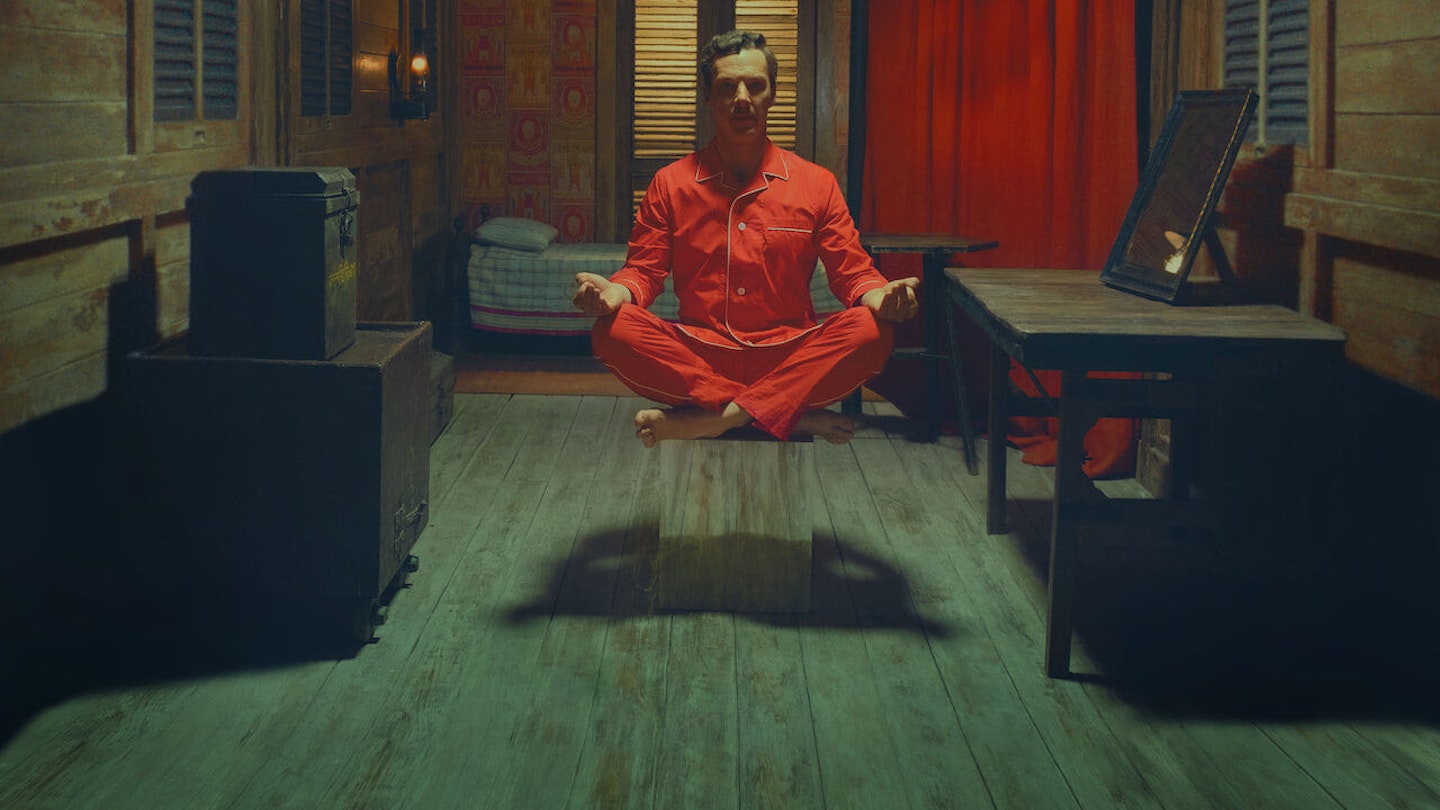“Wonderfully stupendous” — uttered by the brilliant Dev Patel, as Dr Chatterjee, in The Wonderful Story Of Henry Sugar — is that most Roald Dahl of phrases: rhythmic, emphatic and simply a pleasure to say aloud. Over a decade after his beloved stop-motion take on Fantastic Mr. Fox, Wes Anderson, master of the meticulous, returns to Dahl’s oeuvre with this short but sweet film, one of four upcoming adaptations. Many of Dahl’s best-known short stories for adults have a nasty sting in their tail, but Henry Sugar is an uncharacteristically breezy fable with a touch of magic. Coupled with Anderson’s deadpan wit, unmistakable visual style and gentle melancholy, it’s a charming tale that pays tribute to the act of writing itself.

Roald Dahl’s use of a Russian-doll story- within-a-story structure as well as self-referential flourishes is a natural fit for Anderson. In tribute, the film opens with Ralph Fiennes as Dahl himself, unmistakable in an Anderson-ised recreation of his famous writing hut. Introducing us first to Patel’s Chatterjee, further layers of the confection include a trip to 19th-century India with Sir Ben Kingsley’s stage magician, who possesses a remarkable ability; and a richly nostalgic vision of the casinos of 1950s London, as Henry Sugar schemes to further his fortune.
This unpretentious slice of pure fun is difficult to resist.
Stylistically, it’s as if we are inside a toy theatre within Dahl’s imagination: the story is told via narration straight to camera as if we are watching a play, and sumptuous 2D painted backdrops of Indian jungles and London libraries slide in and out of frame. He also has his cast play multiple roles, as if a small theatrical company, with Fiennes particularly funny as a furious London bobby who offers Sugar some home truths. Cumberbatch is an excellent addition to Anderson’s ensemble as Sugar: his wry, unashamedly silly performance is a reminder that he excels playing upper-class twits, recalling his University Challenge team captain in Starter For 10. Richard Ayoade is also enjoyable, especially as an unlikely holy man instructing Kingsley’s Imdad Khan on methods of enlightenment.
At under 40 minutes, Anderson keeps things rattling along via a plethora of droll visual delights. And while there is nothing particularly new here (including the slightly dubious exoticisation of Indian culture, à la The Darjeeling Limited), this unpretentious slice of pure fun is difficult to resist — and certainly not something an AI imitator could ever achieve.
